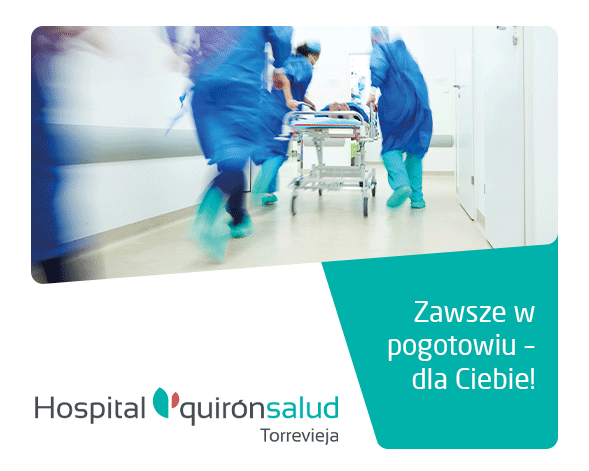
Prostate cancer Robotic surgery
Learn how robotic surgery for prostate cancer works and its benefits.
Robotic surgery for prostate cancer is generally characterized by less invasiveness, faster recovery, and a lower risk of complications.
In its early stages, prostate cancer may not produce any symptoms. However, when it is more advanced, it can cause a variety of symptoms, such as urinary problems, reduced urine flow, blood in the urine or semen, bone pain, weight loss and erectile dysfunction. Once prostate cancer is detected, there is several treatment alternatives, and if surgery is necessary, one of the best options is to choose robotic surgery because of its many advantages.
Robotic surgery has several advantages over traditional surgery or standard laparoscopy. With robotic technology, more precise and controlled movements are achieved through smaller incisions, resulting in less post-operative pain, less scarring, and a faster and more comfortable recovery.
Less invasiveness and advanced precision: Da Vinci robotic surgery for prostate cancer treatment.
Because it involves less blood loss, robotic prostate cancer surgery is generally less invasive, characterized by faster recovery and lower risk of complications due to the precision of the robot's movements, which can reduce the risk of damage to surrounding tissues and nerves crucial for erection and continence.
The Da Vinci robot makes it possible to treat very complex uro-oncology cases with excellent results.
One of the main advantages of Da Vinci robotic surgery is detailed visualization, as the high-resolution 3D camera provides a better picture of the surgical site, helping to identify and preserve important structures.
In the field of urology, the Da Vinci robot has proven to be very effective in performing minimally invasive surgical procedures with maximum precision and safety, thanks to its advanced and innovative technology.
Some of the most common urological pathologies treated with the Da Vinci robot:
• prostate cancer (prostatectomy).
• kidney cancer (total or partial nephrectomy).
• bladder cancer (radical cystectomy).
• urinary incontinence and reproductive organ static disorders.

What is a prostatectomy and what does it consist of?
It is the most advanced surgery in the treatment of prostate cancer (robotic radical prostatectomy), involving the removal of the prostate and seminal vesicles to eliminate all cancerous tissue, making it easier to customize the surgical needs of each patient depending on the type of cancer he or she suffers from.
What are the post-operative benefits of prostatectomy with the Da Vinci robot?
One advantage is the recovery of continence, with one-year continence rates of 95% for the da Vinci system and 80% for open surgery.
Another advantage is the recovery of erectile function: Better erectile recovery has been reported for robotic prostatectomy, with one-year sexual potency rates of 97% for the da Vinci system and 88% for open surgery.
No special care is required after surgery, and return to health is faster than with traditional surgery. After being discharged from the hospital, the patient can return to daily life, after avoiding exertion for 4 weeks.
"Only small skin incisions of 0.5 to 1 cm are required for the procedure, through which we can perform, guided by a high-resolution camera, the complete removal of the prostate with an optimal level of precision."
Dr. Sven Petry
Head of the Department of Urology at Hospital Quirónsalud Torrevieja, who was the first to perform a robotic cystectomy in the Community of Valencia.
Quirónsalud Torrevieja Hospital has extensive experience in robotic surgery, as it was one of the pioneer hospitals in Spain to implement and train its surgeons in the use of this technology 15 years ago
Advantages of robotic surgery in urology
With its Da Vinci robotic surgery system, Quirónsalud Torrevieja Hospital provides the best treatment and the best results for prostate cancer patients who require radical prostatectomy-
Some of the advantages of robotic surgery in urology are:
• more precise removal of tumor tissue, improving treatment efficacy.
• greater ability to preserve neurovascular structures, promoting optimal restoration of sexual life.
• significant improvement in preservation and restoration of continence after prostate cancer surgery.
• improved defecation control.
• significant reduction in blood loss and need for transfusions during surgery.
• lower risk of complications and surgical wound infections, safer recovery.
• shorter hospital stay.
Quirónsalud Torrevieja, the first private hospital in Alicante to have an advanced robotic surgery unit.
Author: Quiron Salud Torrevieja







